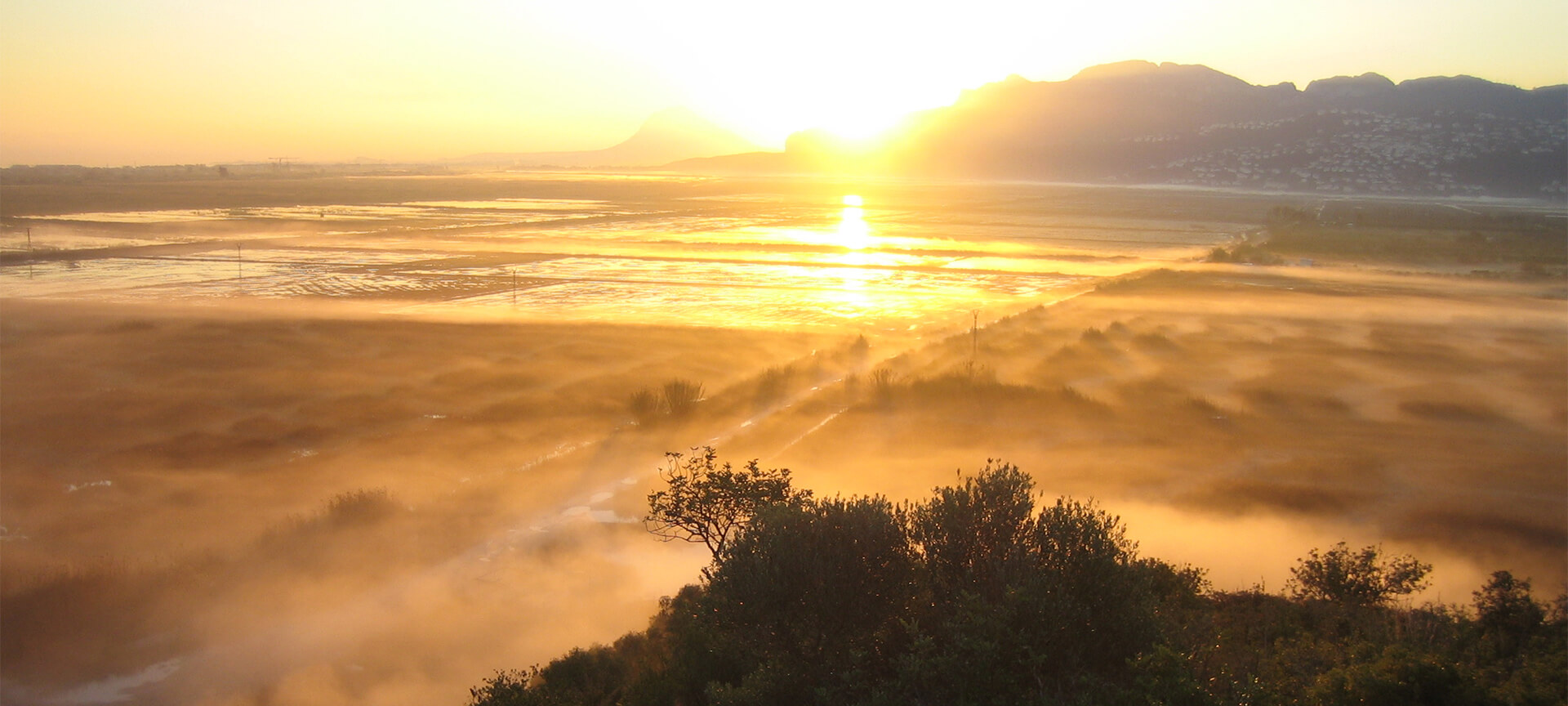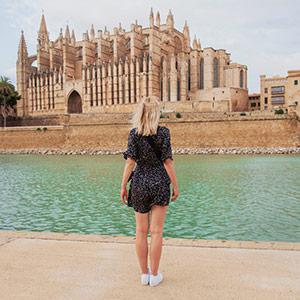
Marjal de Pego-Oliva Natural Park

The Marjal de Pego-Oliva is located between the provinces of Alicante and Valencia. The western half belongs to Pego (Alicante) and the eastern half to Oliva (Valencia). In this area there are dunes, malladas (saline depressions), rivers and farmlands.
This protected natural area has a dune system that extends south of the Serpis River. It is made up of marshland and rice fields. The Marjal is home to species such as the samaruc (Valencia hispanica), a near-exclusive endemic species of the Valencian Community, and the colmilleja (Cobitis maroccana). Reptiles include the European pond turtle (Emys orbicularis) and the Spanish terrapin (Mauremys leprosa).
Debe activar Javascript para poder utilizar este servicio
Marjal de Pego-Oliva Natural Park
Park Office (by appointment only)
Carrer Sant Eloi, 8
03780 Pego, Alicante - Alacant (Region of Valencia)
Alicante - Alacant (Region of Valencia):
- Pego
Valencia-València (Region of Valencia):
Activa JS
What you need to know
-
Cultural information
At the edge of the natural park is Font Salada, a hot spring with healing properties for the skin. In addition, the local cuisine is delicious, featuring dishes like arroz con costra (crispy rice with meat), arroz al horno (oven-baked rice with pork and chickpeas) and puchero (hearty meat and vegetable stew).
-
Environmental information
Among the flora, you'll find species such as tamarisks (Tamarix gallica), rushes, reed beds (Phragmites sp) and underwater vegetation. The smallest fauna includes species such as gambetes (shrimps like Dugastella valentina, Paleomonetes zariquieyi, and Athyaephyra desmaresti) or pechinots, a type of bivalve mollusk (Anodonta cygnea and Unio mancus). And dozens of bird species are concentrated here, such as the marbled teal – the rarest duck in Europe, which is critically endangered.
-
Information for visits
The park office is located in the small town of Pego and can be visited by appointment from Monday to Friday in the mornings.

